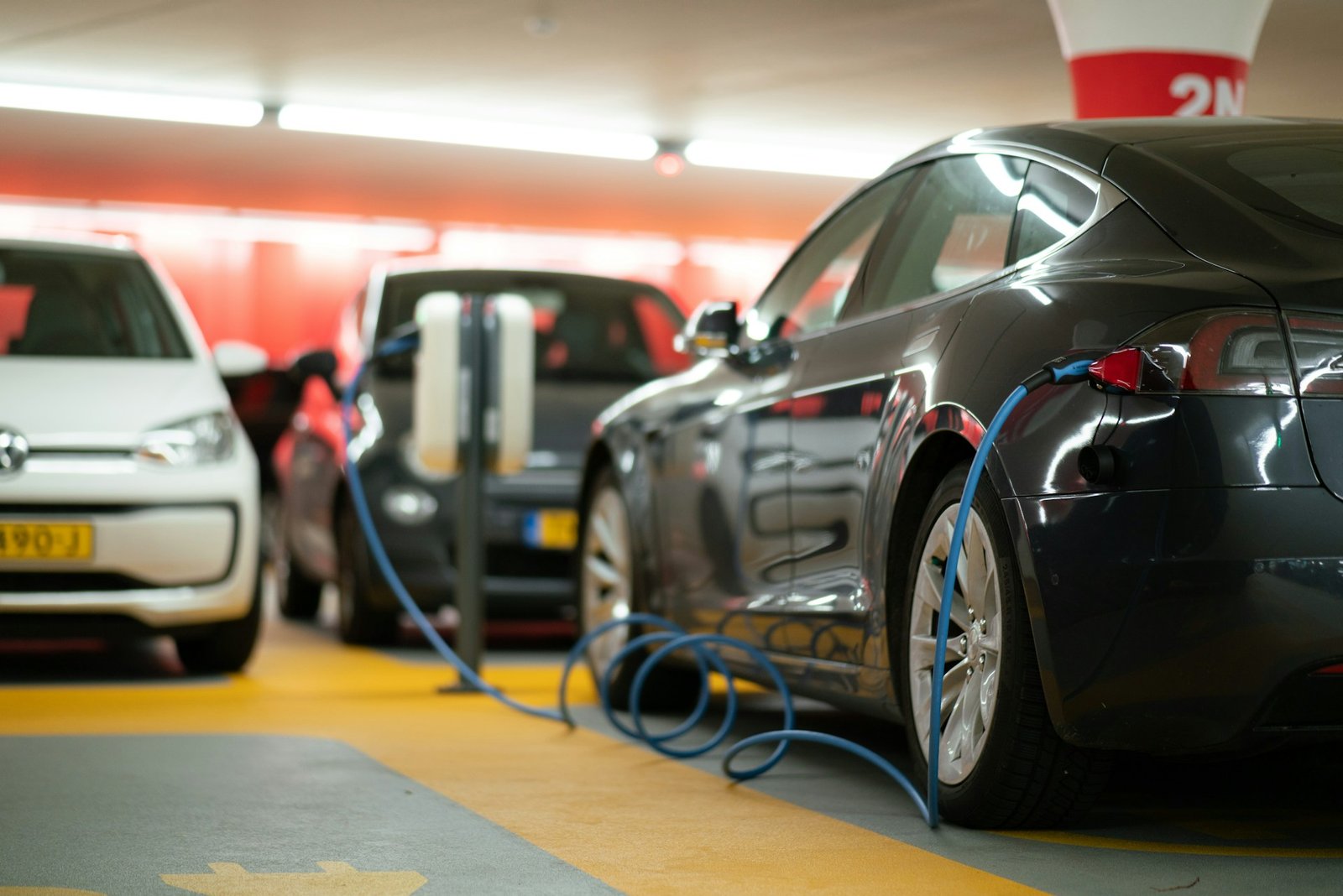As electric vehicles (EVs) continue to grow in popularity, so does the need for accessible and flexible charging solutions. One product that many EV owners consider essential is the electric car charging extension cord. Whether you’re dealing with limited outlet placement or need more mobility when charging at home or on the go, extension cords can seem like the perfect solution.
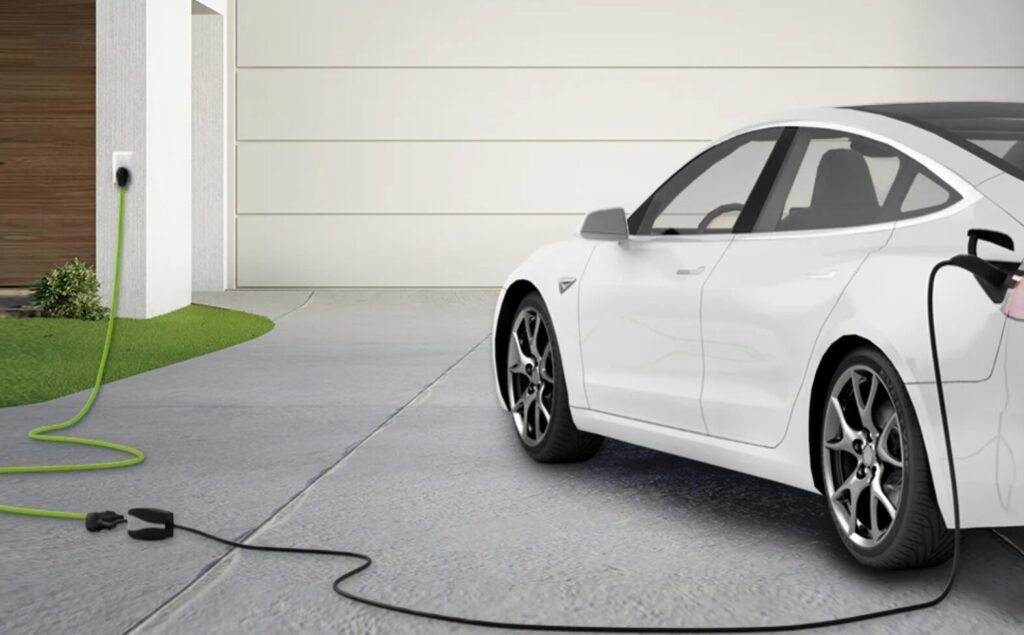
However, using an extension cord for EV charging isn’t as simple as plugging in your smartphone—it requires awareness of safety standards, electrical capacity, and more. This guide explains what you need to know before using an extension cord to charge your EV safely and effectively.
What Is an Electric Car Charging Extension Cord?
An electric car charging extension cord is a heavy-duty power cable designed to extend the reach between an EV charger and your electric vehicle. These cords are engineered to handle high voltages and amperages safely, which is critical since EV charging requires much more power than typical household appliances.
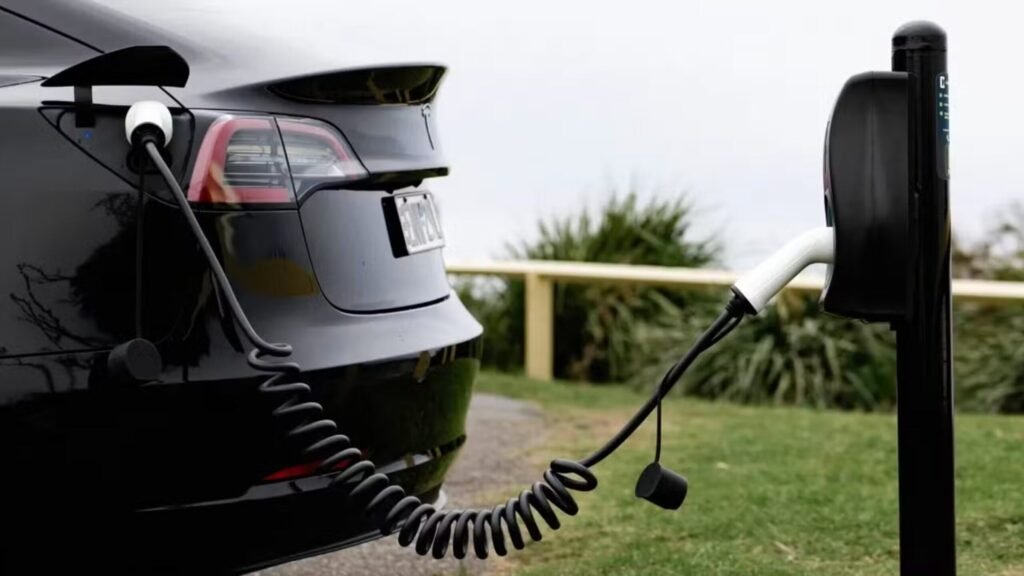
Unlike standard extension cords, EV charging cords are typically rated for 240 volts and 30–50 amps. Some are designed specifically for Level 1 charging (standard 120V outlets), while others accommodate Level 2 charging (240V for faster charging). These cords often come with safety certifications, reinforced insulation, and weather-resistant designs to handle outdoor environments.
Learn more about Electric Vehicle Charging on Wikipedia.
Benefits of Using an Electric Car Charging Extension Cord
1. Greater Flexibility in Charging Locations
The most obvious advantage is the ability to charge your EV from a more convenient location. If your garage outlet is far from your driveway or your charging station is on the wrong side of the parking lot, an extension cord bridges the gap.
2. Cost Savings
Installing a new EV outlet or moving a charging station can be expensive. An extension cord is a cost-effective alternative for temporary setups or renters who can’t modify their property.
3. Portability and Convenience
Extension cords are easy to store and transport. If you travel frequently or park in different locations, keeping a certified EV extension cord in your trunk can save the day when public chargers are poorly placed.
4. Temporary Solutions
In emergencies or short-term use cases—such as during a road trip or while visiting a friend’s house—an extension cord offers a practical way to keep your battery topped up without installing new infrastructure.
Challenges and Limitations of EV Charging Extension Cor
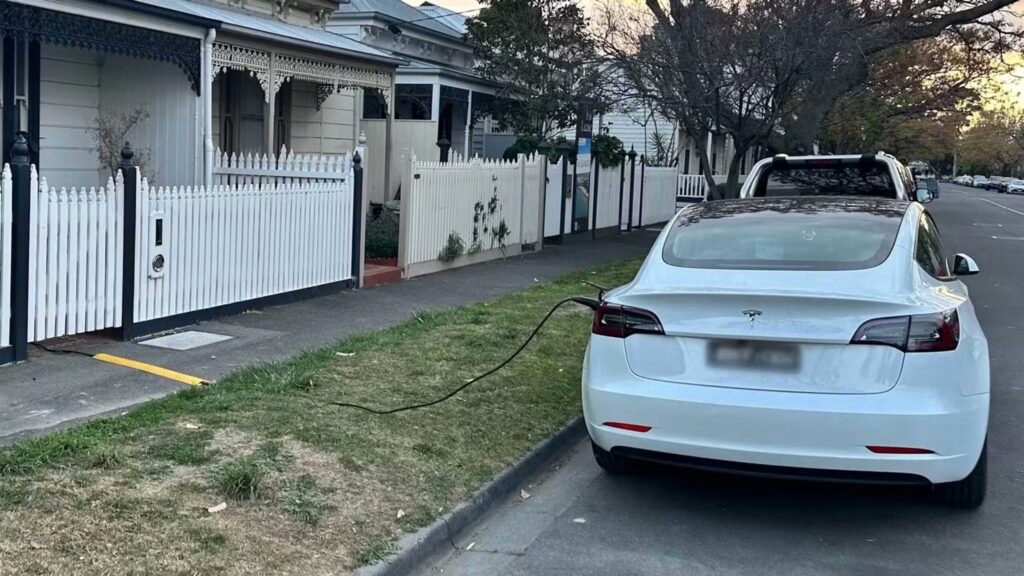
1. Safety Hazards
Using a non-certified or low-quality extension cord can cause overheating, electrical fires, or damage to your vehicle. EVs draw a lot of current over extended periods, and not all cords are up to the task.
2. Reduced Charging Efficiency
Long cords can cause voltage drops, which may reduce the efficiency of the charging process. In some cases, your vehicle may not charge at full speed or may stop charging altogether.
3. Warranty and Insurance Concerns
Some EV manufacturers and home insurance policies explicitly discourage or prohibit the use of extension cords for charging. Using one could void your warranty or create legal complications in the event of damage or fire.
4. Regulatory Compliance
Extension cords must meet specific standards like UL listing or compliance with the National Electrical Code (NEC). Not all cords advertised as “EV-safe” meet these standards, so consumers must research carefully.
Real-World Use Cases and Scenarios
Case Study 1: Urban Apartment Living
Sarah, an EV owner living in a downtown apartment, doesn’t have access to a dedicated EV charging station. She parks in a private driveway about 50 feet from her kitchen window. Instead of installing a costly outlet, she uses a UL-listed Level 1 extension cord approved for outdoor use. Charging overnight, she’s able to keep her vehicle ready for daily commutes without exceeding safety limits.
Case Study 2: Suburban Homeowners
Mike and Linda recently bought a used electric vehicle but only have one outdoor outlet located on the far side of their garage. Until they install a Level 2 charging station, they use a Level 1 extension cord rated for 15 amps. It’s a temporary solution that allows them to charge at home without rearranging their parking situation.
Case Study 3: Road Trip Necessity
James travels frequently across rural areas and keeps a heavy-duty EV-rated extension cord in his vehicle. When charging at a campsite or an older home with limited access, the extension cord gives him enough reach to keep his EV powered between destinations.
Future Trends: What’s Next for EV Charging Flexibility?
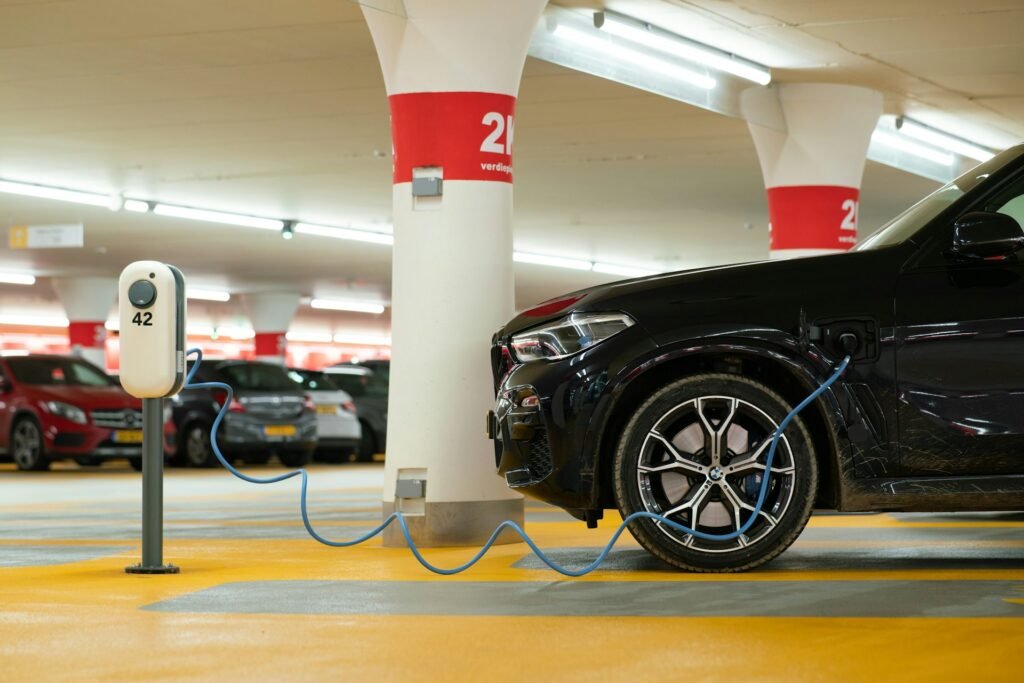
As EV infrastructure expands, so too will the quality and variety of compatible accessories. Here’s what to expect in the coming years:
- Smart Extension Cords: These will include real-time monitoring of voltage, amperage, and temperature, along with Wi-Fi/Bluetooth integration for alerts and remote control.
- Universal Certification Standards: Expect tighter regulations and clearer labeling for EV-compatible cords. This will make it easier for consumers to identify safe options.
- Higher Power Ratings: As Level 3 charging becomes more common for home and commercial use, we may see extension cords that safely handle DC fast-charging (though still limited in mobility).
Innovation in cord design, insulation materials, and smart technology could eventually make extension cords a more widely accepted and standardized part of the EV ecosystem.
FAQ: Electric Car Charging Extension Cords
What kind of extension cord is safe for EV charging?
You should use an extension cord that is UL-listed, rated for at least 30 amps, and specifically designed for EV charging. Avoid household cords or adapters not rated for high power loads.
Can I use any extension cord with a Level 2 charger?
No. Level 2 charging draws a significant amount of power (usually 240V, 30–50 amps), so only specially designed cords are safe to use. Many EV chargers prohibit using extension cords entirely.
Will using an extension cord slow down my EV charging?
It depends on the length and quality of the cord. Poor-quality or very long cords can cause voltage drops, reducing the efficiency or speed of charging.
Are extension cords legal for EV charging?
The legality depends on your region and the equipment used. Some areas may restrict their use under electrical code regulations. Always check local laws and your EV manual.
What safety features should I look for in an EV extension cord?
Look for heavy-duty construction, weatherproofing, thermal protection, GFCI (Ground Fault Circuit Interrupter), and certifications like UL or ETL.
Conclusion
An electric car charging extension cord can be a convenient and practical solution in the right context—but it must be used responsibly. Understanding its benefits, risks, and best practices can help EV owners charge smarter and safer. Whether you’re navigating apartment parking challenges or looking for a portable backup for road trips, the right cord can make all the difference.
Looking to upgrade your EV charging setup? Make sure your extension cord is rated for the job, and consult your vehicle manufacturer for approved options.
For more EV charging guides and product recommendations, stay connected with VoltDriveHub


